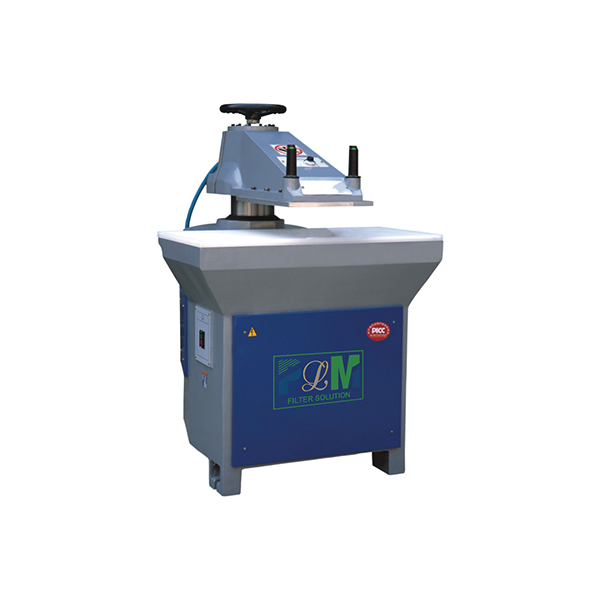Set . 21, 2024 15:05 Back to list
fuel pump filter
Understanding the Importance of Fuel Pump Filters
Fuel pump filters are an essential component of any gasoline or diesel engine system, playing a critical role in maintaining the engine's performance and longevity. These filters are designed to trap contaminants and impurities present in the fuel before it reaches the intricate fuel injection system and ultimately the combustion chamber.
Functionality and Design
The primary function of a fuel pump filter is to prevent debris—such as dirt, rust, and other particles—from entering the engine. Fuels can carry various impurities, and even the cleanest of fuels can accumulate tiny specks of contamination during storage and transportation. By filtering these particles, the fuel pump filter ensures that only clean fuel reaches the engine, which is vital for optimal performance.
Typically made from a combination of synthetic materials and microfibers, fuel pump filters are engineered to capture a wide range of contaminants while minimizing flow resistance. This balance is crucial; excessive resistance can lead to decreased fuel flow, impacting engine performance and efficiency.
Types of Fuel Pump Filters
fuel pump filter

There are generally two main types of fuel filters inline filters and in-tank filters. Inline filters are located between the fuel tank and the engine, allowing for easy replacement and maintenance. In-tank filters, on the other hand, are situated within the fuel tank, often requiring more effort to access during maintenance.
In-tank filters are increasingly common in modern vehicles, as they help to protect fuel pumps from damage and wear caused by larger particles. However, regardless of where the filter is located, regular inspection and replacement are critical to ensure the longevity of the vehicle's fuel system and engine.
Maintenance and Replacement
Neglecting the fuel pump filter can lead to serious issues. A clogged filter can starve the engine of necessary fuel, resulting in poor performance, stalling, and even engine failure. Signs that a fuel filter may need replacement include difficulty starting the engine, rough idling, decreased acceleration, and decreased fuel efficiency. Most manufacturers recommend replacing fuel filters every 30,000 to 50,000 miles, but this can vary based on driving conditions and fuel quality.
Conclusion
In conclusion, the fuel pump filter is a small yet crucial component that plays a significant role in vehicle maintenance. Ensuring that it remains clean and functional not only enhances the performance of the engine but also prolongs the life of the vehicle. Regular inspections and timely replacements can prevent costly repairs down the line, making it essential for any vehicle owner to prioritize the maintenance of this vital part of their vehicle's fuel system. Ignoring the fuel pump filter can lead to larger, more expensive issues; hence, understanding its importance is pivotal for vehicle longevity and performance.
-
High-Efficiency Active Carbon Air Filter for Air Purifier | Odor & Allergen Removal
NewsJul.23,2025
-
Active Carbon Air Filter for Air Purifier – High Efficiency Filtration Solution
NewsJul.22,2025
-
Durable Sintered Porous Metal Filter Tube Cup & Machines
NewsJul.22,2025
-
Effective Active Carbon Air Filter for Purifiers | Eliminate Odors
NewsJul.21,2025
-
PLJT-250-25 Full-auto Turntable Clipping Machine | Efficient Automation
NewsJul.20,2025
-
Cheap PLJY109-500 Full-Auto HDAF Expanded Mesh Spiral Coiling Machine - High Efficiency & Quality Manufacturer
NewsJul.08,2025
